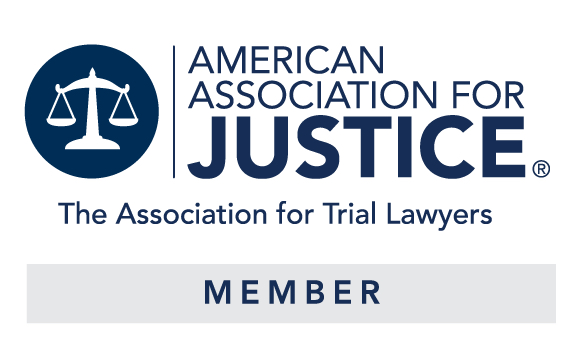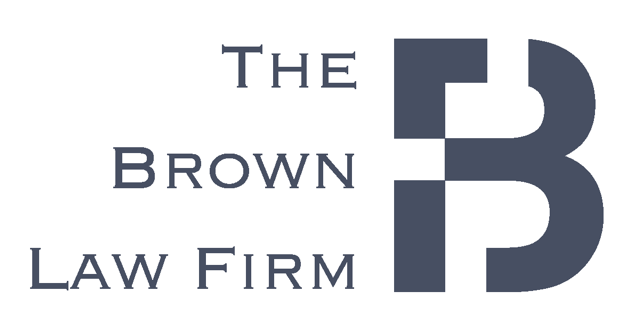Grand County Fraud and Forgery Defense Lawyer
The Brown Law Firm provides dedicated legal defense for individuals facing fraud and forgery allegations in Grand County. As your trusted Grand County fraud and forgery defense lawyer, our attorneys focus on these complex cases and commit to protecting your rights throughout the legal process. We build our defense strategies on a detailed understanding of Colorado law and your specific circumstances
Contact The Brown Law Firm at (970) 871-7400 or connect with us online to discuss your case.
Grand County Fraud and Forgery Defense Guide
Understanding Fraud and Forgery Charges in Grand County
In Colorado, fraud and forgery offenses carry significant penalties, including substantial fines, restitution, and potential incarceration.
These charges can stem from a wide range of activities.
- Identity Theft. This crime involves the illegal use of another person’s identifying or financial information for personal gain.
- Embezzlement. Embezzlement occurs when a person with access to funds or assets misappropriates them. A bookkeeper moving company money into a personal account is a classic example.
- Check and Credit Card Fraud. These charges include creating, altering, or using checks without authorization, or using credit card numbers without permission.
- Insurance Fraud. Submitting false or inflated claims to an insurance company constitutes insurance fraud.
- Uttering a Forged Instrument. This offense involves knowingly passing or presenting a forged document as real.
A conviction for any of these offenses has lasting consequences. You need a defense attorney with a clear understanding of Colorado’s fraud statutes and a strategic approach to defending these charges.


Colorado Fraud and Forgery Crimes
Fraud and forgery charges range from misdemeanors to felonies, with penalties based on the crime’s specifics and the financial value involved.
- Classification: Charges span from class 2 misdemeanors to class 5 felonies. For example, forgery is a class 5 felony under C.R.S. § 18-5-102.
- Statute of Limitations: The time limit for the government to file charges varies. For most misdemeanors, the limit is 18 months. For most felonies, it is three years. However, Colorado law sets a ten-year statute of limitations for forgery. C.R.S. § 16-5-401.
- Multiple Counts: The prosecution may file multiple charges for a series of acts, which dramatically increases potential penalties.
Given the severity of these charges, you need a focused legal defense.
How Grand County Defense Lawyers From The Brown Law Firm Can Help
The Brown Law Firm believes in a thorough and personalized defense for every client. Our services include reviewing your circumstances, gathering evidence, and developing potential legal strategies. These activities are part of our comprehensive case evaluation and review.
We then investigate, gathering additional evidence, interviewing witnesses, and scrutinizing police procedures to build a strong defense. In addition, we engage in plea bargaining or negotiate with prosecutors to reduce charges or penalties when appropriate.
If a trial becomes necessary, we aggressively defend your case in court. We are dedicated to protecting your constitutional rights throughout the legal process.
We are committed to our clients and take a comprehensive fraud and forgery defense approach. We offer personalized attention, aggressive advocacy, and compassionate support.
We prioritize clear, no-nonsense updates, ensuring you are always informed about your case’s progress. Our deep understanding of Colorado law and strategic defense methods allows us to build defenses tailored to each client’s unique circumstances.
As noted, we are dedicated to protecting your constitutional rights through the entire legal process, from detailed case evaluations and thorough investigations to skillful plea bargaining and aggressive courtroom representation.


Common Defenses for Fraud or Forgery
Defenses to fraud or forgery charges typically fall into several categories, each challenging different elements of the prosecution’s case.
- Lack of Intent is one of the most common defenses, as fraud and forgery require specific intent to deceive or defraud. If the defendant genuinely believed they had authorization to sign a document or honestly misunderstood the facts, this can negate the required mental state. For example, if someone signed another person’s name believing they had permission, the lack of fraudulent intent may be a complete defense.
- Mistake of Fact occurs when the defendant acted under a genuine misunderstanding about a material fact. This differs from intent in that it focuses on the defendant’s reasonable belief about the circumstances rather than their purpose. If someone relied on incorrect information provided by others and acted reasonably based on that information, this can serve as a defense.
- Duress or Coercion applies when the defendant was forced to commit the act under threat of immediate harm. The danger must be severe enough that a reasonable person would have acted similarly. Also, the defendant must have had no reasonable opportunity to escape the situation or seek help from authorities.
- Lack of Authority vs. Authorized Action involves situations where the defendant claims they had proper authorization to take the action they did. This might include agency relationships, power of attorney arrangements, or corporate approval. The defense must demonstrate that the defendant reasonably believed they acted within their authority.
- Insufficient Evidence challenges whether the prosecution can prove all elements of the crime beyond a reasonable doubt. This defense includes questioning the authenticity of documents, the reliability of witnesses, or the chain of custody for evidence.
- Entrapment applies in cases where law enforcement induced the defendant to commit a crime they would not have otherwise committed. This defense requires showing that the government’s conduct was so egregious that it violated due process rights.
- The Statute of Limitations provides a defense if too much time has passed since the alleged crime occurred. Different jurisdictions have varying time limits for prosecuting fraud and forgery cases, and the clock typically starts running from the time the crime was committed or discovered.
The strength of these defenses depends heavily on the specific facts of each case and the applicable laws in the jurisdiction where authorities file charges.
Frequently Asked Questions About Fraud Charges
What is the first thing I should do if I am under investigation for fraud?
You should immediately contact a defense attorney. Do not speak to investigators, police, or anyone else about the case without your lawyer present. Anything you say they can use against you. An attorney can protect your rights from the very beginning.
Besides jail and fines, what other consequences can a fraud conviction have?
A fraud conviction creates a permanent criminal record that can make it difficult to find a job, secure housing, or obtain professional licenses. It can also harm your personal and professional reputation and may require you to pay full restitution to the alleged victim.
Can you get my fraud charges dismissed?
A dismissal is a potential outcome, but no attorney can guarantee a specific result. We can work toward a dismissal by challenging the evidence, filing motions to suppress illegally obtained information, or demonstrating that the prosecution cannot prove its case. The possibility of a dismissal depends entirely on the facts and legal issues in your case.
Contact a Fraud and Forgery Lawyer for a Consultation Today
If you face fraud or forgery charges in Grand County, you must seek legal representation as soon as possible. A trusted Colorado, Grand County personal injury lawyer at The Brown Law Firm is here to help. Contact us today online or at (970) 871-7400 for a confidential consultation. Let us put our experience and dedication to work for you.

The Brown Law Firm – Steamboat Springs Office
Address: 100 Park Ave Suite 202, Steamboat Springs, CO 80487
Phone:(970) 871-7400
